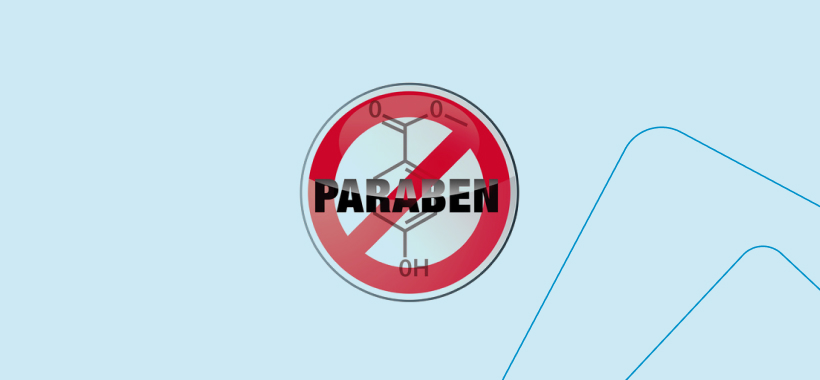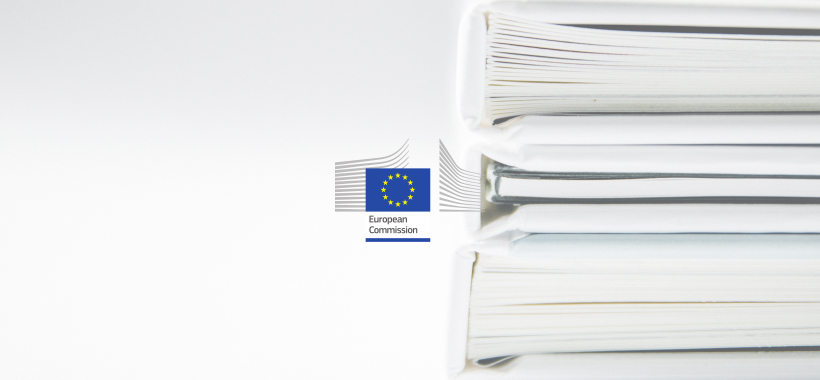On May 27, 2019, National Product Administration (NMPA) has published a draft version of Administrative Measures for Filing of Non-special Use Cosmetics, which consists of 5 chapters and one attachment. The latter includes filing material requirements for non-special use cosmetics (non-SUC). The main contents of these measures cover different aspects of the filing procedure, including the potential waiving of animal testing for imported non-SUC in the future.
Filing of non-special use cosmetics
Since November 10, 2018, all imported non-SUC in China have to undergo pre-market filing process. Currently, there is no unified regulation that would apply to filing system nationwide. Instead, there are many provincial (local) filing policies. These new measures are aiming to provide regulation, which would apply to filing system nationwide.
What are the upcoming changes?
Application scope
The measures will apply to both domestic and imported non-special use cosmetics. These products will all be subject to a unified filing system and have the same requirements. Currently, the process of registration is different for domestic and imported non-special use cosmetics and they are regulated by different sets of standards.
Domestic responsible person
If an overseas enterprise wants to register non-special use cosmetics in China, they will either have to set up a representative office in China or designate a domestic responsible person. The latter will handle the filing procedure, monitor adverse cosmetic reactions, implement product recall and fulfil relevant obligations. He should also establish an audit system for overseas applicant to check if the products are compliant with the Chinese regulations, mandatory standards and other provisions. Based on the draft, the responsible person will not have to be the importer, which is the current requirement.
Product quality management system
According to the draft, all imported non-special use cosmetics, whether they are self-produced or have an OEM, will be required to submit a Quality Management System (QMS) certificate or a good manufacturing practice (GMP) certificate.
Certificate of Free Sale (CFS)
One of the requirements for imported products is a free sales certificate, which proves that the products have been sold in the country (region) of production or the country (region) of origin. The drafted measures state that the products, specifically produced for China’s market and if the CFS is not available, the enterprise can submit the relevant research and experimental data specific to China’s consumers.
Animal testing
If these measures come into effect, they will bring a major change for imported non-SUC. According to the draft version, if the enterprise has a QMS/GMP certificate and a safety risk assessment results that can fully confirm the safety of the cosmetic product, the product can be exempted from the toxicological tests, which are done on animals. However, it is important to note that animal testing will remain mandatory for the following situations:
- Cosmetic products intended for children,
- Cosmetic products with a new ingredient, that has been approved but not included in the Inventory of Existing Cosmetic Ingredients in China (IECIC)
- The filing applicant, domestic responsible person or actual manufacturer is listed as a key regulatory object according to the quantitative grading results
- Cosmetic products manufactured by enterprises, which have been investigated for quality and safety problems in the past three years
Currently, animal testing can only be waived for domestic non-special use cosmetics. Imported non-SUC have to undergo toxicological and other testing at the accredited labs in China.


